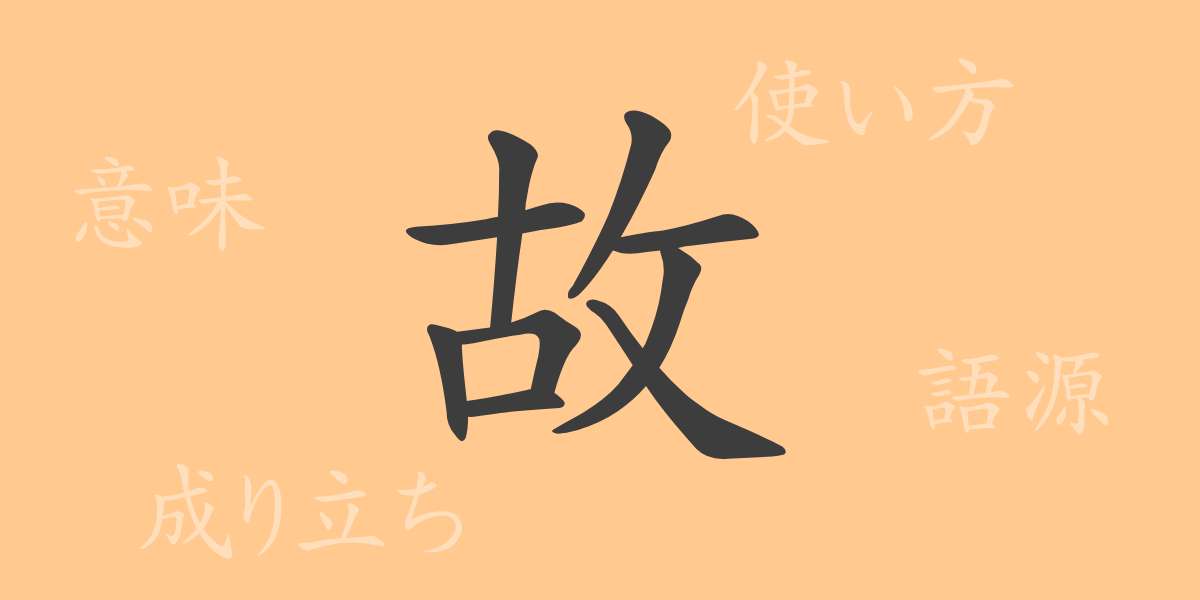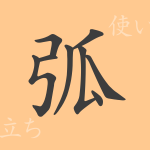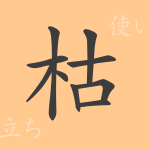The beauty of the Japanese language lies in its delicacy and profound meanings. Common kanji, especially, symbolize the depth of Japanese culture and language. “故(こ)” is one of the particularly evocative kanji. In this article, we will delve into the origin, meaning, and usage of “故(こ),” and explore idioms and phrases that resonate with the Japanese heart. Let’s embark on a journey to rediscover the charm of the Japanese language together.
Origin of 故 (Etymology)
The kanji “故(こ)” has evolved from ancient Chinese oracle bone script. It originally depicted a ruined house, from which the meanings “to break” and “old” derived. Over time, it came to represent abstract concepts like causes and reasons. Today, “故(こ)” is a significant character used in many compounds and idioms.
Meanings and Uses of 故
The kanji “故(こ)” has multiple meanings, including “reason,” “cause,” “old,” and “deceased.” This versatile character enriches Japanese expression depending on the context. For example, “故障(こしょう)” means “to break down,” while “故人(こじん)” refers to a “deceased person.” It can also be used in respectful expressions like “故あって(ゆえあって),” meaning “for some reason.”
Readings, Stroke Count, and Radical of 故
Basic information about the kanji “故(こ)” is essential for Japanese learners.
- Readings: The On’yomi (音読み) is “コ(こ),” and the Kun’yomi (訓読み) is “ゆえ.”
- Stroke count: It has a total of 9 strokes.
- Radical: The radical is 攴 (ぼくづくり).
Idioms, Phrases, and Proverbs Using 故
There is a wealth of idioms, phrases, and proverbs in Japanese that include “故(こ).” For instance, “故郷(こきょう)” means “hometown,” and “故意(こい)” means “intentional” or “deliberate.” Additionally, “故事来歴(こじらいれき)” refers to “the origin and history of things,” and the phrase “故あっての行動(ゆえあってのこうどう)” means “an action based on a specific reason.” These expressions convey various emotions within the context of the Japanese language.
Conclusion About 故
Understanding the meaning behind each kanji is key to a deeper appreciation of the Japanese language. “故(こ),” with its diverse usage and rich history, symbolizes the beauty of Japanese words. For learners of Japanese and those interested in Japanese culture, kanji like “故(こ)” are essential elements that connect hearts and histories through language.

























